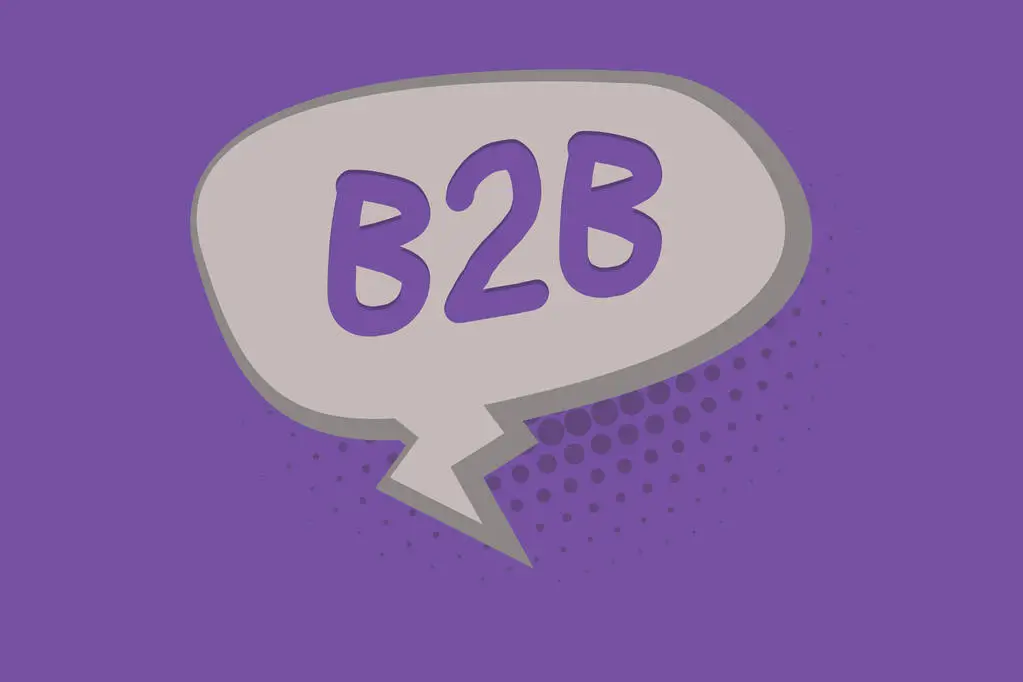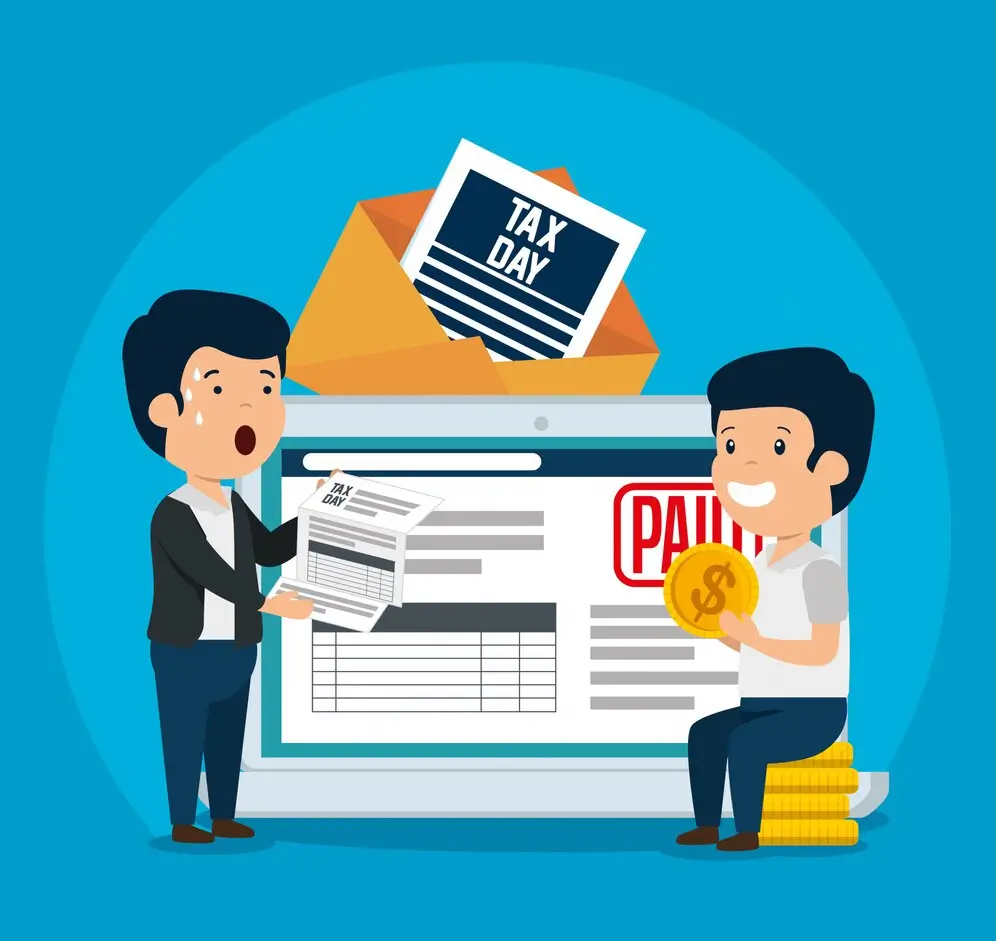Promotional products function effectively for B2B organizations which want to establish business relationships and acquire new leads while maintaining presence in the minds of prospective and existing clients. The value of offering branded merchandise is widely acknowledged within businesses but a common error arises from neglecting proper distribution timing.
Initial Outreach
Businesses need to stand out as well as establish a positive first impression throughout the first part of the B2B sales process. A company approaches potential customers during this phase who have no prior knowledge about their business. Using well-selected promotional items at this point can help your outreach stand out since it provides tangible value that exceeds typical digital or telephone interactions.
Post-Meeting Follow-Up
A promotional product has the power to reinforce messages delivered during introductory calls or virtual meetings or in-person presentations but must arrive within a brief time period following the interaction. Your branded products must maintain brand recognition at this moment because your proposal remains under active evaluation by potential customers. The follow-up period benefits from gift delivery which provides concrete evidence about your conversation and maintains your company in the potential client’s thought process.
Contract Consideration Phase
Keeping an active presence becomes crucial during proposal review or price evaluation but you must do so without being overly aggressive. This strategic timing of promotional item distribution effectively shows your brand’s institutional service dedication and its true market worth. The marketing objective here serves to strengthen the good reputation you established previously by demonstrating your genuine dedication to forming an alliance with the client.
Post-Sale Engagement
Gifts sent after sales demonstrate your expanded commitment to client relationships above monetary transactions. The gift helps establish an appropriate future business environment while reminding clients about your company’s availability for more business opportunities. Corporate gifts distribution by B2B companies at this stage introduces high-end personalized items to demonstrate partnership worth and make a strong impression on clients.
Ongoing Relationship Building
The effort to keep in touch with current business clients matches the importance of seeking new customers. Regular promotional product distributions based on company anniversaries or project milestones and holiday periods work to preserve beneficial business relations. Businesses can maintain positive connections through casual gestures which build trust between partners throughout the years.




